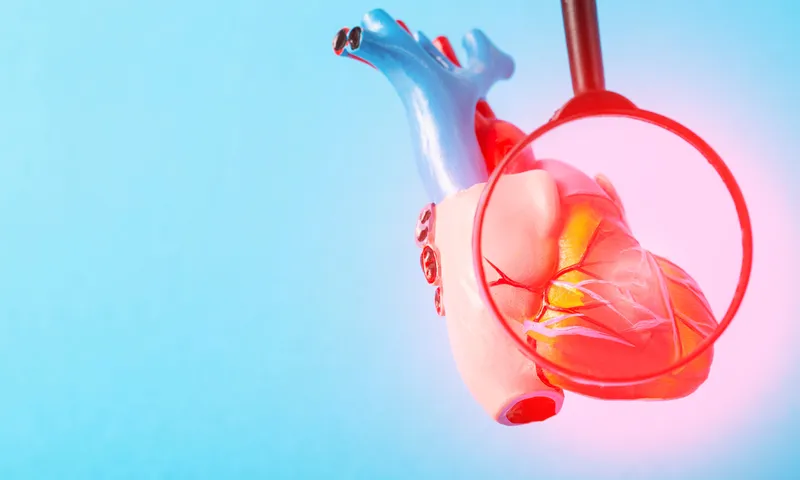What is the Difference Between Angina and a Heart Attack

Angina and heart attacks are both characterized by symptoms like chest pressure and pain, discomfort in the arms, shoulders, neck, and jaw, as well as a burning sensation in the chest. Many of these symptoms may remind you of a typical heart attack, which is a life-threatening emergency. But how can we tell the difference between the two conditions? This article will help you distinguish between angina, heart attack, and a stroke, and also inform you whether angina can occur without heart disease.
What Is Angina?
Individuals suffering from angina often complain about chest pain and discomfort, including pressure, squeezing, or tightness in the chest, or shortness of breath. Their pain frequently radiates to the shoulders, arms, neck, jaw, or back and can feel like a heart attack. However, it usually lasts only a few minutes. Angina involves reduced blood flow to the heart, often due to a partial blockage of blood vessels, which can be especially noticeable during exercise or periods of stress. Angina often responds well to rest and medication and typically leaves no permanent damage to the heart. However, it should be taken seriously since it may be a warning sign of heart disease or a heart attack.
First and foremost, this applies to the most dangerous and unpredictable type of angina, stable Angina. It can occur during rest as well as during exercise and does not follow a pattern or respond to specific triggers. In contrast, stable angina occurs when a patient is physically active. Other types include variant angina, which happens during rest and sleep and is associated with severe pain, and Prinzmetal’s angina, caused by spasms in the coronary arteries.
What is the Difference Between Angina, a Heart Attack, and a Stoke?
A heart attack occurs when a blood clot or plaque buildup blocks a coronary artery, restricting blood flow to part of the heart. This causes the heart to not receive enough oxygen, eventually leading to heart muscle death. As a result, it is classified as a medical emergency that requires immediate care to avoid serious damage and death. While a heart attack shares many symptoms with angina, the pain is usually more intense, lasts longer than with angina, and does not improve with rest or medications that are effective for angina.
A stroke is similar to a heart attack as it happens when the blood flow to a part of the brain is cut off, either due to a blocked artery or a burst blood vessel. This causes brain cells to die within minutes. Someone having a stroke may suddenly experience weakness, speech difficulties, and confusion. Like a heart attack, a stroke is a medical emergency that requires immediate attention, as it can lead to long-term disability or death.
Can You Have Angina Without Heart Disease?
Not everyone experiencing angina has heart disease. In some cases, symptoms result from poor blood flow in the small vessels, rather than artery blockage, as seen with microvascular angina. Additionally, as mentioned earlier, some people experience Prinzmetal’s angina, which is associated with spasms in the arteries instead of a blockage. While this is reassuring, it is essential to see your doctor in any case to rule out medical emergencies, get the correct diagnosis, and determine the best treatment plan for you.
Treatment Options and Outlook
Although angina must be taken seriously and can indicate underlying heart issues, it does not automatically mean that you have heart disease. While some types, such as unstable angina, are more dangerous than others, many patients respond well to lifestyle changes, medications, and other measures to improve their health and avoid serious outcomes like a heart attack. Some medicines often prescribed and effective for treating angina include Cardizem (Diltiazem), Nitrolingual Pump Spray, and Procardia XL. If lifestyle changes and medications aren't enough, medical procedures such as bypass surgery remain an option. Working with your doctor to find the best treatment for you and regularly following up can help manage your symptoms and help you lead a long, active life.


